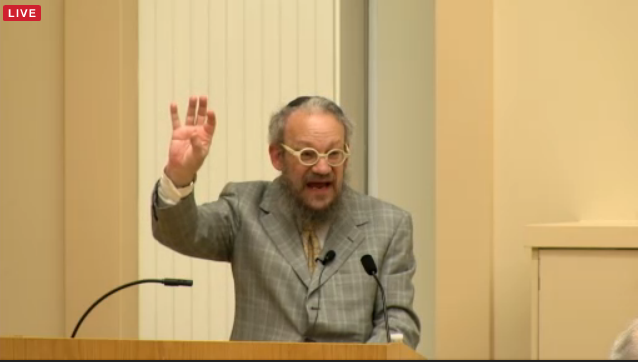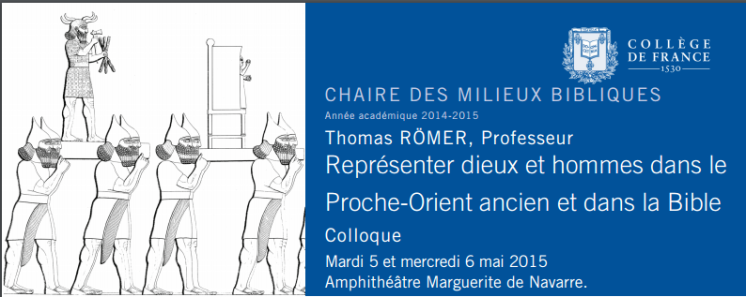On September 22, 2019, Professor Mark Smith delivered a lecture at Boston College Department of Theology on the Jewish conception of God in the Hebrew Bible.
“Ancient Israel’s unique notions of God drew on non-Israelite material from two related sources. First, Israel arose out of a Canaanite cultural matrix that has been well studied over the past century. Second, during its heyday, ancient Israel maintained continuous cultural, economic and political interactions with Egypt, Mesopotamia, and Syrian states to the north. The culture of these places influenced the development of Israelite religious thought at every point. Professor Smith focuses specifically on the ways such interactions helped lead to Israel’s understanding of God.”
The lecture brings at 4:45.







